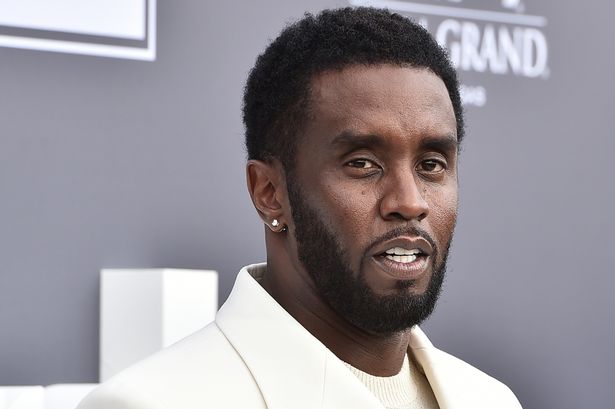The jury in Sean ‘Diddy’ Combs’ sex trafficking trial have asked two questions to the judge, as they begin their deliberations in the high-profile case
The fact the jury deliberating in the Sean ‘Diddy’ Combs trial sent two notes to the judge could be a good sign for the embattled rapper, it’s been claimed. The music mogul, 55, is currently awaiting his fate at the hands of 12 jurors as his sex-trafficking trial comes to a conclusion.
Jury deliberations commenced on Monday, but things took an unexpected turn when two notes were handed over to the presiding judge from the jury.
The first note revealed concerns from a juror about their ability to comprehend the extensive 61-page instructions delivered by the judge right before deliberations got underway.
Despite this, Judge Arun Subramanian was adamant that jurors should strictly adhere to his directions, even if it meant the deliberative process would be prolonged.
Hours later, the second note sought further explanation concerning the section on drug distribution within the instructions—a key point in Combs’ racketeering conspiracy charge. This request was addressed, and deliberations proceeded, with speculation that a verdict might come down by this afternoon (UK time).
Combs finds himself facing serious allegations including two counts of sex trafficking, two counts of transportation to engage in prostitution, and one count of racketeering—all charges he vehemently denies. The music industry titan could be sentenced to life imprisonment if found guilty.
But Combs may be heartened by the jury’s note-passing. Mitch Epner, a New York-based lawyer and former prosecutor, argues that the notes may turn out to be good sign for Combs.
“First, it is unusual for the jurors to send a note to the judge this early, other than asking for logistical help. Second, this note indicates that there may already be a breakdown in the deliberative process,” he tells the BBC.
A conviction requires the full agreement of the jury panel. The reasons behind the unease concerning juror number 25, and their struggle to adhere to the judge’s guidance remain unrevealed.
Epner highlighted that while a juror can be dismissed for not engaging in deliberations, they cannot be ousted solely for “having come to a fixed conclusion about the proper verdict”.
In the final arguments last week, both federal prosecutors and Combs’ defence team made their concluding attempts to sway the jury towards conviction or acquittal.
Assistant US Attorney Christy Slavik argued: “The defendant used power, violence and fear to get what he wanted. He thought that his fame, wealth and power put him above the law.”
She accused him of relying on a “close inner circle and a small army of personal staff, who made it their mission to meet the defendant’s every desire, promote his power and protect his reputation at all costs.”
However, Combs’ defence attorney Marc Agnifilo countered these claims, stating: “This isn’t about crime. It’s about money.” He pointed out that one of the accusers had also filed a civil lawsuit against Combs.
Agnifilo defended his client, saying: “He is not a racketeer. He is not a conspirator to commit racketeering. He is none of these things. He is innocent. He sits there innocent. Return him to his family, who have been waiting for him,” as he addressed the jury.
Source: Mirror


Leave a Reply